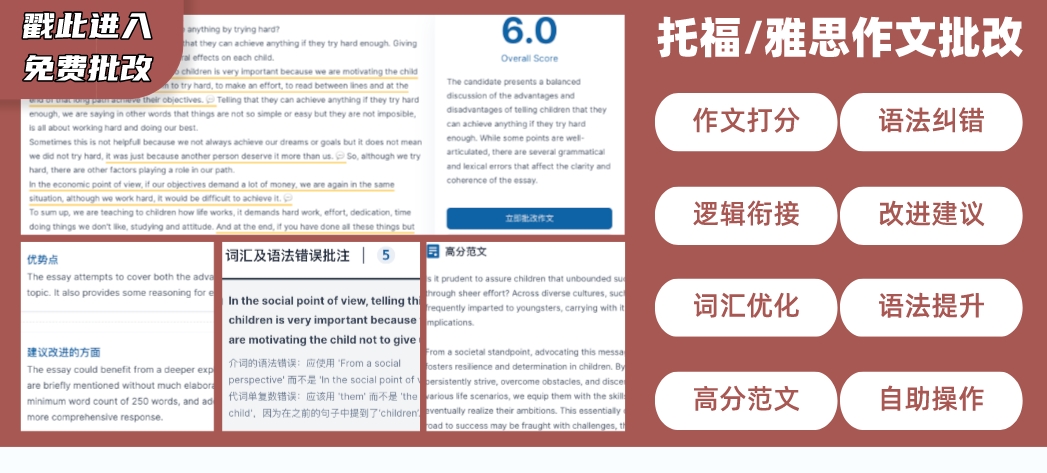Learning English well requires constant practice and engagement. An effective approach is to organize one’s weekly schedule to include diverse English lessons targeting different skills. In a typical week of English study, one may have reading, writing, listening, speaking, grammar, vocabulary lessons etc. By covering all aspects of the language systematically, a learner can achieve balanced and holistic mastery. Proper planning of the English curriculum according to individual needs is key.

Reading Lessons – Learn New Vocabulary and Expressions From Diverse Passages
Reading is vital for building vocabulary and gaining exposure to authentic English use. Students should devote time each week to reading materials at or slightly above their level. Short news articles, stories, reports etc allow focused practice. Intensive reading involves close analysis of short passages. Extensive reading builds reading speed and breadth through large volumes of simpler texts. Pre-reading tasks like skimming help preview key ideas and vocabulary. Post-reading activities like retelling check comprehension. New words and expressions can be recorded in a vocabulary journal.
Writing Practice – Improve Grammar and Style Through Free and Guided Writing
Writing skills require regular sharpening. Students can set aside time each week for free writing to express thoughts in English naturally. Journals, short essays, opinion pieces etc allow creativity. For guidance, writing exercises target specific skills like transitions, hook sentences, conclusions etc. Essays, reports and other genres teach structured writing. Samples and model texts illustrate good style. Peer and teacher feedback highlights areas for improvement. Reference tools are used to correct grammar and word choice issues.
Listening Comprehension – Discover Spoken English Patterns Through Audio
Listening helps recognize spoken English patterns. Weekly practice with diverse audio exposes students to pronunciation, tone, speech rate, accents etc. Short news broadcasts, dialogues, presentations and lectures allow focused listening with specific goals. Pre-listening preparation like previewing vocabulary ensures readiness. Useful strategies during listening include inferring meanings and identifying key details. Post-listening discussions, questions and summaries check understanding and fill in gaps. Repeated exposure trains the ear to decode real English quickly.
Oral Presentations – Improve Spoken Fluency Through Speech Drafting and Practice
Speaking skills require regular practice through oral presentations. Students should set aside time each week to develop and rehearse short speeches on assigned topics. Drafting the speech introduces useful vocabulary and set phrases. Rehearsing builds confidence and fluency. Self-recording helps identify areas for improvement in pronunciation, tone, pace etc. Presenting in front of peers provides motivation. Speeches may be followed by discussions, questions and feedback. This weekly speech training brings steady improvement in spoken English.
Grammar Lessons – Understand Grammatical Structures Through Explanations and Practice
A solid grasp of English grammar is essential for accuracy. Students should devote time each week to learning grammatical structures in detail. Lessons explain how different parts of speech, tenses, clauses, phrases etc are constructed and used. Printed reference guides summarize main grammar points. Exercises provide opportunities to apply grammar knowledge. Some practice focuses on correcting errors. Other drills aim to reinforce correct structures through repetition. Tests assess progress and highlight weaknesses for review. Weekly grammar study ensures mastery of the complex English grammatical system.
In summary, a well-designed weekly English curriculum covers all key skill areas through diverse lessons and activities. Proper planning is necessary to achieve a balanced language education. Students should work closely with teachers to tailor lessons to individual needs and continually improve English ability.

